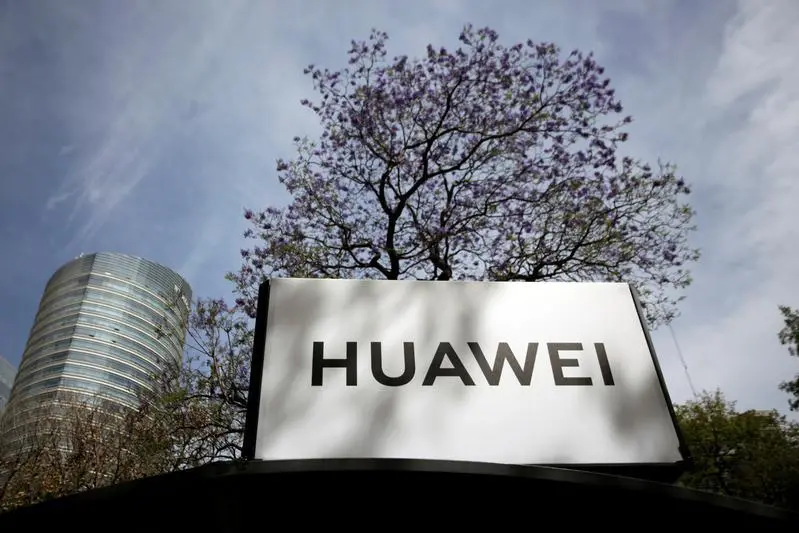PHOTO
HONG KONG - Washington and Beijing are pushing a tech chasm even wider. U.S. President Donald Trump has launched a fresh assault on telecom giant Huawei, as China moves to strengthen its own cybersecurity rules. It will further divide the sector and complicate trade negotiations. A costly technology cold war looks here to stay.
The White House on Wednesday issued an executive order declaring a national emergency and blocking U.S. firms from using telecom equipment made by companies deemed to present a national security risk. Shortly after, the Commerce Department added Huawei, which raked in more than $100 billion in revenue last year, to the so-called Entity List, which means U.S. companies will have to obtain approval to sell it components. A similar embargo on state-owned rival ZTE nearly put it out of business before Trump relented.
The attack comes just as Beijing readies its own toughened new set of cyber rules and has subjected some foreign companies in China to investigation over cybersecurity issues, the Financial Times reported. The regulations, which are poised to come into effect in December, seem set to expand official scrutiny over several new areas. Officials may have held back implementing the changes because they might derail negotiations. No longer.
Both countries appear to be adopting parallel agendas: moving away from freer trade and consumer welfare and focusing on national security, sometimes vaguely defined. Huawei insiders, for instance, have claimed that the U.S. government occasionally resorted to informal strong-arm tactics to limit their advance, such as pressuring carriers to pull out of doing business with the firm. That echoes complaints often levelled by foreign business about informal barriers to market access in China.
The way cybersecurity is being treated by both sides makes finding a trade resolution harder. And whether a deal is concluded or not, such tactics can only accelerate the separation of American- and Chinese-led networks. Oracle , for instance, is shedding staff in China just as Huawei is simultaneously beefing up its enterprise business. For multinationals with operations in both countries, the decoupling could entail significant expense. With the two sides battening down the hatches, consumers on both sides of the Pacific will suffer.
CONTEXT NEWS
- U.S. President Donald Trump issued an executive order on May 15 declaring a national emergency and barring U.S. companies from using telecommunications equipment made by firms posing a national security risk. Shortly after, the Commerce Department said it had added Huawei and 70 affiliates to its so-called Entity List, a move that prevents the telecom equipment maker from buying parts and components from American companies without government approval.
- Beijing is poised to implement a strengthened set of cyber rules under its “multilevel protection scheme” in December, with the goal of enhancing “national information security”, the Financial Times reported on May 15.
(Editing by Pete Sweeney and Sharon Lam)
© Reuters News 2019





















